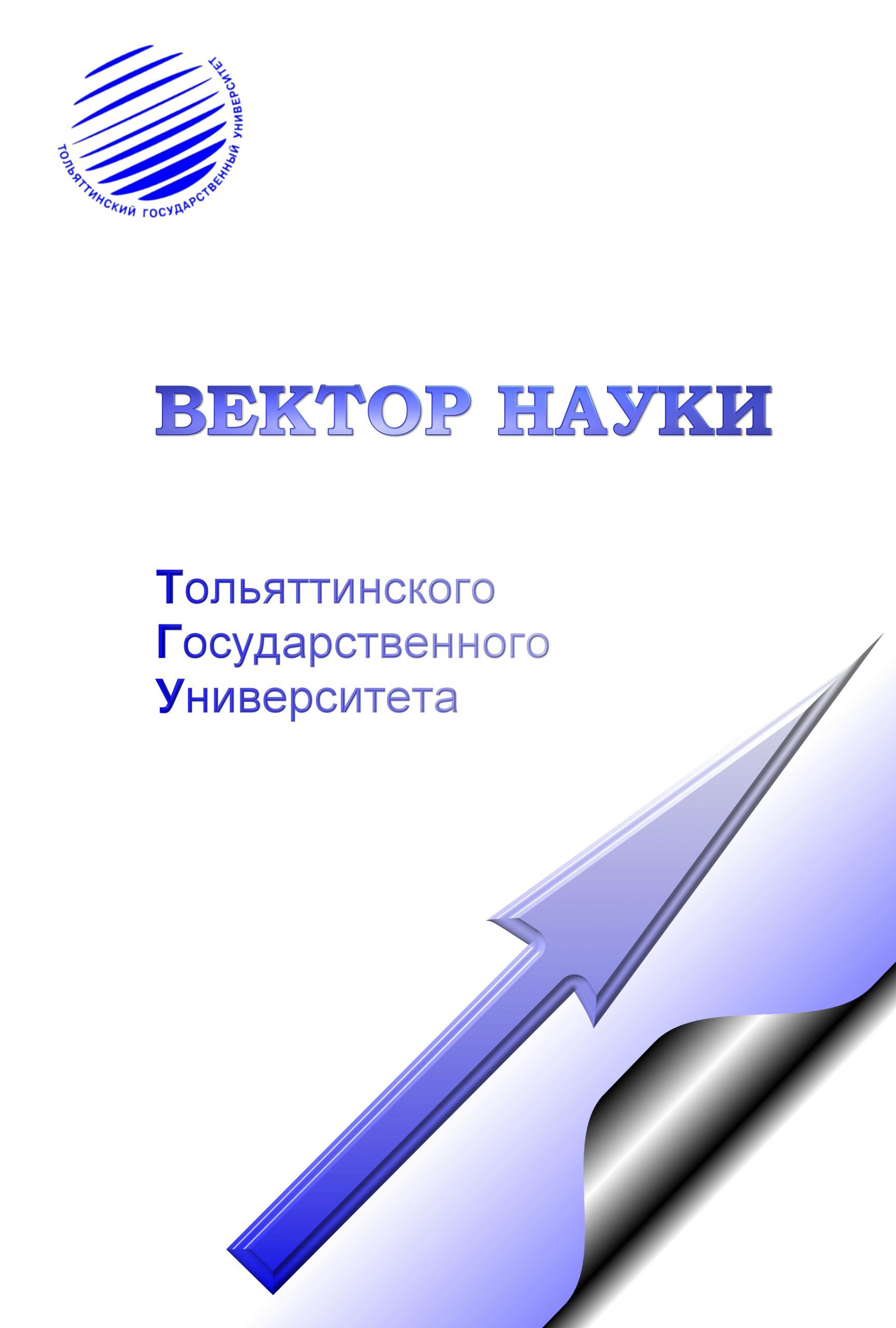О системе целеполагания в российском уголовном процессе
- Авторы: Вершинин И.Л.1, Кожевников Р.О.1
-
Учреждения:
- Тольяттинский государственный университет, Тольятти
- Выпуск: № 4 (2023)
- Страницы: 5-12
- Раздел: Статьи
- URL: https://vektornaukipravo.ru/jour/article/view/619
- DOI: https://doi.org/10.18323/2220-7457-2023-4-5-12
- ID: 619
Цитировать
Полный текст
Аннотация
В статье представлено исследование проблемы определения целей уголовного процесса применительно к современному российскому уголовному судопроизводству. Обобщив представленные в уголовно-процессуальной науке концепции, взгляды, подходы к определению целей исторических типов уголовного процесса (уголовного судопроизводства), авторы применили полученные результаты к действующей модели российского уголовного процесса и провели функциональный анализ процессуальной деятельности отдельно в досудебном и судебном производстве, ориентируясь на полномочия должностных лиц, осуществляющих производство по уголовному делу. При поиске и формулировании целей для каждой части судопроизводства авторы исходили из характеристики цели как гипотетической формы окончания процесса, продиктованной полномочиями руководителя процесса и связью уголовного процесса с уголовным правом. Показано, что попытки формулировать единую цель уголовного процесса, организованного по смешанному типу, изначально обречены на неудачу ввиду принципиальных различий досудебного и судебного производства. Предложено в российском уголовном процессе (уголовном судопроизводстве) выделять не одну, а несколько целей, обусловленных особенностями отдельных этапов процессуальной деятельности: цели, стоящие перед следователем (дознавателем) в ходе предварительного расследования; цели, стоящие перед прокурором в ходе уголовного преследования; цели правосудия, обеспечиваемые судом. В основу предлагаемой системы целеполагания российского уголовного процесса положен объективный критерий – функциональные различия процессуальных статусов должностных лиц, осуществляющих производство по уголовному делу.
Об авторах
Иван Леонидович Вершинин
Тольяттинский государственный университет, Тольятти
Автор, ответственный за переписку.
Email: iv.vershinin2015@yandex.ru
старший преподаватель кафедры «Уголовное право и процесс»
РоссияРодион Олегович Кожевников
Тольяттинский государственный университет, Тольятти
Email: kozhevnikov.rodion@yandex.ru
аспирант
РоссияСписок литературы
- Строгович М.С. Материальная истина и судебные доказательства в советском уголовном процессе. М.: Академия Наук СССР, 1955. 384 с.
- Элькинд П.С. Цели и средства их достижения в советском уголовно-процессуальном праве. Л.: Ленинградский университет, 1976. 143 с.
- Мизулина Е.Б. Уголовный процесс: концепция самоограничения государства. Тарту: Тартуский университет, 1991. 148 с.
- Михайловская И.Б. Цели, функции и принципы российского уголовного судопроизводства (уголовно-процессуальная форма). М.: Проспект, 2003. 144 с.
- Барабаш А.С. Природа российского уголовного процесса, цели уголовно-процессуальной деятельности и их установление. СПб.: Юридический центр Пресс, 2005. 257 с.
- Макарова З.В. Цель уголовного процесса – истина // Проблемы права. 2015. № 1. С. 144–147. EDN: TSKGJH.
- Александров А.С., Власова С.В. Антидогматика: новое понимание уголовного процесса и права // Российский журнал правовых исследований. 2019. Т. 6. № 1. С. 53–63. EDN: SBEBEG.
- Зинатуллин З.З. Проблемы уголовного процесса России: статьи и рецензии разных лет. Ижевск: Детектив-информ, 2008. 283 с.
- Топчиева Т.В. Досудебное соглашение о сотрудничестве в российском уголовном процессе. Барнаул: БЮИ МВД России, 2015. 130 с.
- Царева Ю.В., Салеева Ю.Е. Правомерность осуществления оперативно-розыскных мероприятий как безусловная гарантия достижения целей уголовного судопроизводства // Вестник Уральского юридического института МВД России. 2020. № 4. С. 56–62. EDN: ZGQWLS.
- Колесник В.В. Цель уголовного процесса в концепции стимулирования участников уголовного процесса к сотрудничеству с органами предварительного расследования и судом // Алтайский юридический вестник. 2021. № 3. С. 132–138. EDN: FLXSKY.
- Михайлов В.А. Понятие, цели и задачи предварительного расследования в уголовном судопроизводстве Российской Федерации // Труды Академии МВД Республики Таджикистан. 2015. № 3. С. 110–117. EDN: WAAANT.
- Иванов В.И. Исследование назначения, целей и задач уголовного процесса системным методом // Актуальные проблемы российского права. 2021. Т. 16. № 4. С. 142–151. doi: 10.17803/1994-1471.2021.125.4.142-151.
- Аверин А.В. Правосудие – это применение содержания права, а не применение его формы // Правовая политика и правовая жизнь. 2021. № 3. С. 228–235. doi: 10.24412/1608-8794-2021-3-228-235.
- Лазарева В.А. Взаимодействие следователя, руководителя следственного органа и прокурора при возбуждении и осуществлении уголовного преследования // Правовая парадигма. 2021. Т. 20. № 2. С. 41–48. doi: 10.15688/lc.jvolsu.2021.2.6.
- Россинский С.Б. Обвинительное заключение: процессуальное предназначение // Вектор науки Тольяттинского государственного университета. Серия: Юридические науки. 2023. № 3. С. 35–41. doi: 10.18323/2220-7457-2023-3-35-41.
- Шейфер С.А. Досудебное производство в России: этапы развития следственной, судебной и прокурорской власти. М.: Норма, 2019. 192 с.
Дополнительные файлы







